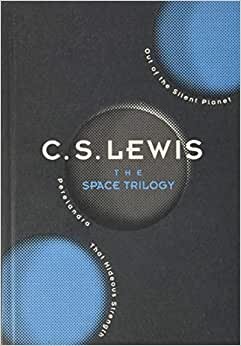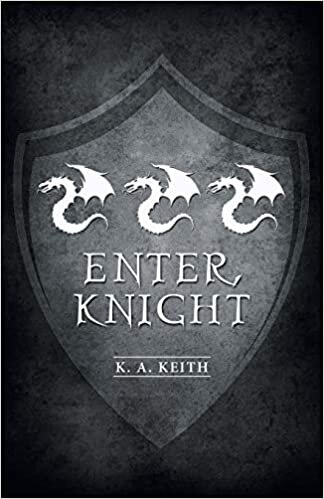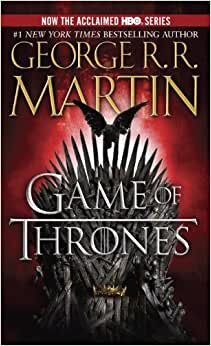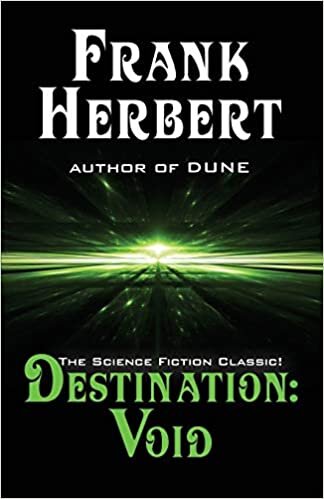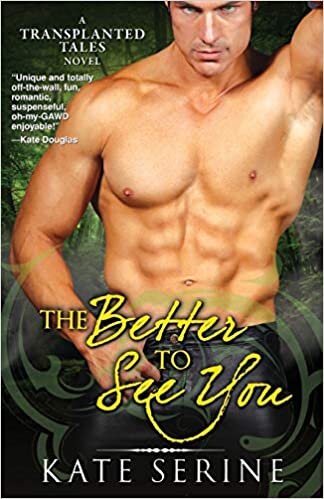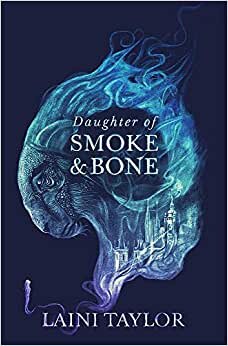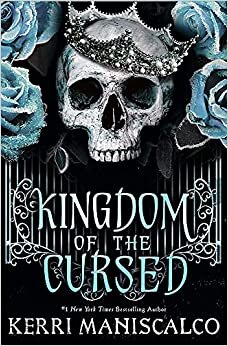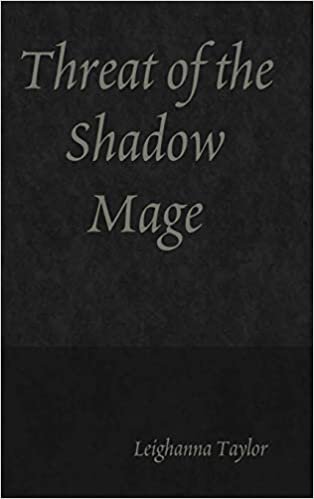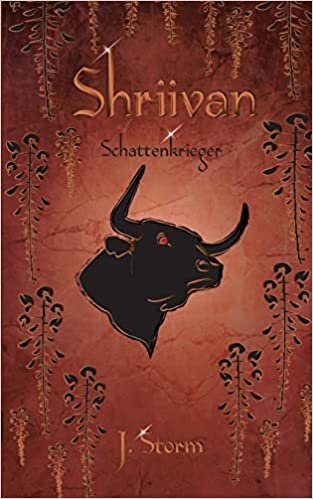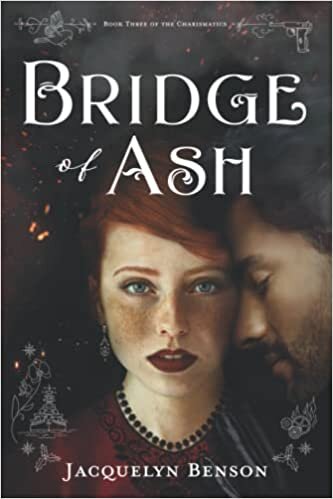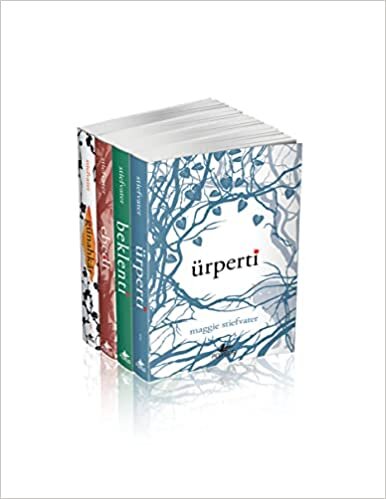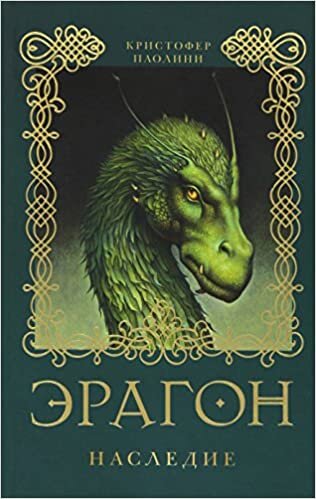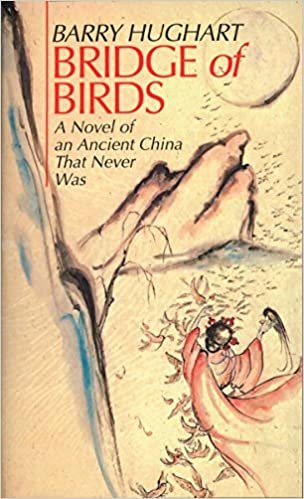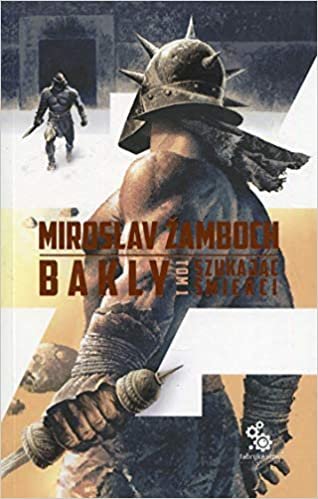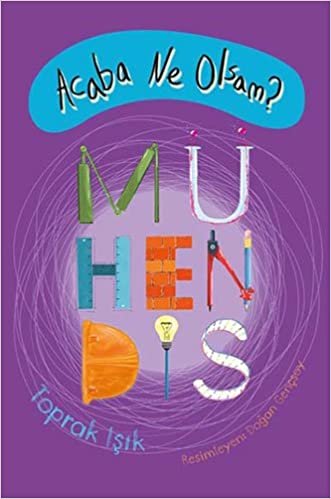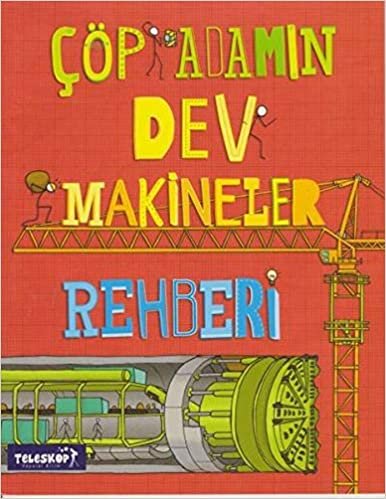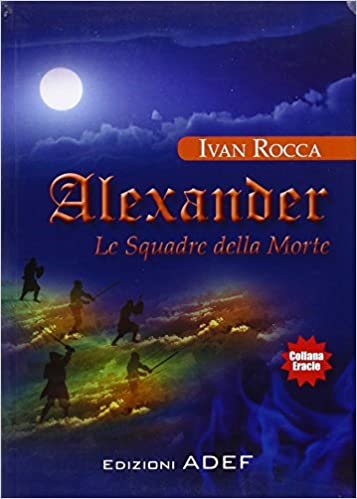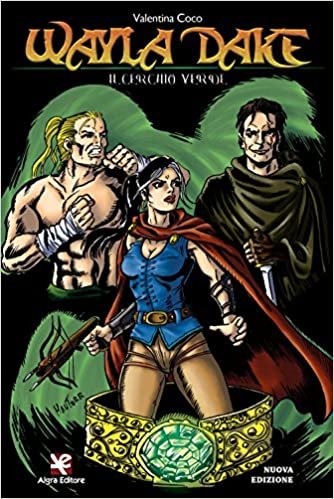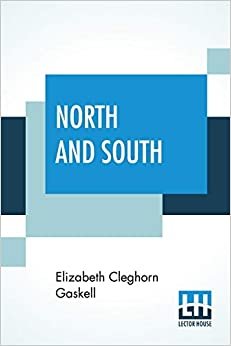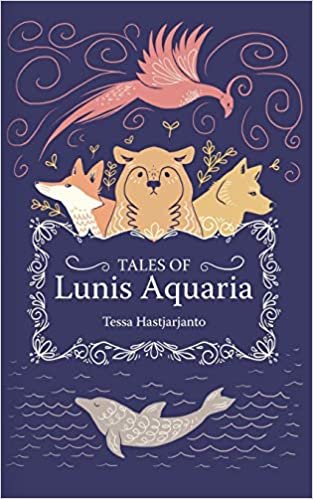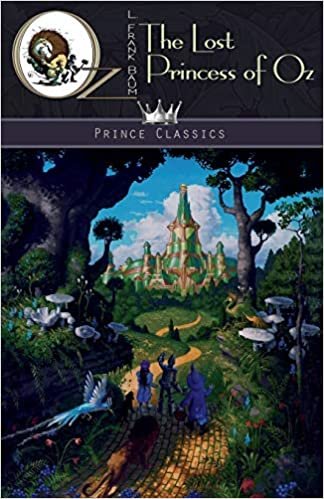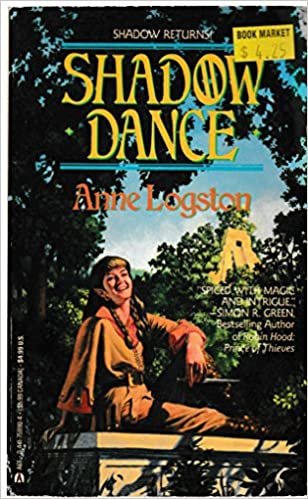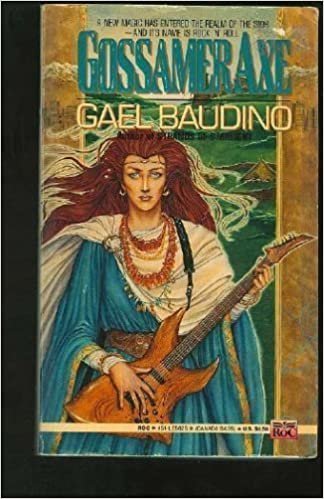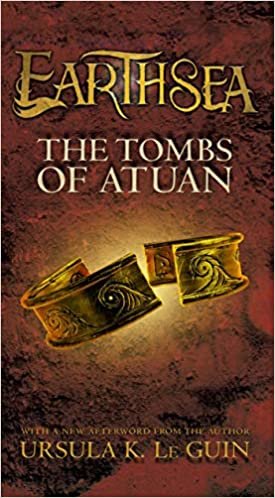okumak The Space Trilogy internet üzerinden
Kullanıcı oyu: 3.6
The Space Trilogy
yazar:C. S. Lewis
Isbn 10:0007528418
Isbn 13:978-0007528417
yayınevi:HarperCollins; 75th Anniversary edition
dil:İngilizce
Tarafından gönderildi The Space Trilogy:24 Ekim 2013
The Space Trilogy kitabının yorumları - (5)
Thank you!
This is hands-down one of my favourite trilogies, but my old copies were getting tattered. I’m so happy to finally have this in one book, in hardcover. The book arrived quickly and in great condition. This would be a wonderful Christmas present for any CS Lewis fan ❤️
The Science trilogy
Feel I need to read this - particularly That Hideous Strength - to help explain what the hell is happening in the world today.
Good single volume hardback edition.
Dissapointing from a good author
If you have read his Narnia Stories and, like me, thought you'd give this a try on that basis.... don't. The stories are dull, segmented and completely lacking the charm, wit and imagination of the Narnian series.
The Space Trilogy: Out of the Silent Planet, Perelandra, and That Hideous Strength.
I hadn`t read any C.S. Lewis since I was a boy – and certainly not any of his adult fiction; this omnibus edition of his Space Trilogy caught my attention and I decided to give it a go.
While I rather enjoyed the first and last books, Perelandra was rather a chore to struggle through; while it offered an interesting and imaginative scenario (it's set on Venus) the author's – at times heavy-handed - Christian philosophical parallels weighed the narrative down for me; nevertheless, the second book is necessary reading in order to understand the three books properly in my estimation, so I'm glad I persevered.
They are certainly unlike most science fiction books I`ve read, with a novel mix of fantasy, classical mythology and Arthurian legend; very English, very much of their time and reflective of Lewis` own world of cloistered, scholarly dons and university towns when set on earth.
This plain-covered hardback book brings all the novels together and is a very decent edition to read.
No frivolous sci-fi escapade
It might be said the art of great storytelling lies in the creative use of language to immerse the reader into a new and strange world. Or perhaps the compelling communication of a truth or worldview via a rich layer cake of personalities, relationships, conflicts, and epiphanies in a specific time and place. Through the modern myth of Perelandra, CS Lewis achieves both – taking us to a literally new and strange planet through a narrative of the battle for the soul of its first inhabitants.
Typically, far from it being a frivolous sci-fi escapade, I found myself face to face with existential questions: What is it to be human? How is our autonomy and our self-awareness tied up with our brokenness? Does true freedom to do right only come when we accept our lack of control? In the world that Ransom explores, his bewilderment is equaled only by his awe, and the latter seems to temper the former as he relinquishes the need to understand in the pursuit of the need to discover the meaning of his presence in the story. A lesson for us all. The joy of fantasy in literature is I suppose the anticipation of the unexpected as one abandons the assumptions that this game will play out by the usual rules: as a result I couldn’t help but be utterly immersed in his inner journey as I experienced the discovery of the reality as he does, through glimpses of good, evil, hope and despair.
Since the book of Revelation (and countless Jewish prophets before that) recorded a vision of a world liberated from the suffering and self-destructiveness of mankind, and pictured a world restored that resembles but transcends beyond measure the status quo we inhabit, writers have imagined ‘heaven’ with diverse metaphors and imagery drawn from what is in front of us. But creation stories can also reveal much about what an uncorrupted creation and humanity might look like. Imagining what could have been is rewarding in a different way to wishing what could be: the purity of a world with no memory of brokenness is not one we can experience, but the portrayal of the verdancy, vitality and purity of the Eden of Perelandra is transfixing and precious. Whilst the drama of Ransom’s fight to prevent the fall of its first people dominates the narrative – and captures the heart as the possibility of a fall from such grace appears - the great reward of the story is in the spiritual wisdom of the first female. In her perfect relationship to Maleldil, the creator spirit, we find lived examples of humility and obedience, and it is in her apparently naïve philosophy of living in the present without reflection or introspection that we find a beautiful portrayal of innate surrender to the good creator and provider that sustains and blesses in abundance.
The setting is vividly described paradises on huge islands of floating vegetation that follow the dramatic and unpredictable ocean surface. This ‘unfixed’ nature is a wonderful meditation on experiencing the waves of life big and small, and the need to submit to the sovereignty of the One that sends them. Only by doing so can we healthily engage in the mandate ‘to be fruitful and multiply’ and taking responsibilities of one’s own in the new creation.
This is classic Lewis allegory shining light into our darkened souls!
Amusingly, after all the outrageous adventuring of two books worth of narrative, its only in the final, most intriguing, chapter that Ransom gets overwhelmed – as the big reveal takes place and the broader picture of Maleldil’s work in the universe is explained, he starts to despair that the salvation and restoration of his fallen world might be a bit of a sideshow, cosmically speaking, because all these other worlds seem to glorify the creator more in their perfection. Amusing for its self-centeredness amongst such glory and otherness. But then came my highlight. The poetry. My bias over prose is laid bare. I wasn’t sure if it was my soul or the author’s I sensed rising with excitement as metaphor is laid over metaphor through the medium of the eldila speeches. The ‘eldila’, spirit-like creatures that live in these non-fallen places very visibly and audibly, are used to convey some of the book’s most poetic reflections on the meaning of creation and the presence of God within it as the story reaches its crescendo. Their beauty bears re-reading.
As the purpose of the created universe is revealed to be ‘The Great Dance’, the gathered spirits reflect on its nature. Searching for a Christian parallel, at first I thought perhaps they were to display the relationship of the Holy Trinity. Then I felt like the speeches were describing that biblical mystery of ‘the kingdom of heaven’, much like the parables of Jesus. There is much in common with the gushing emotion of the Psalms. Ultimately though, and ironically for such an articulate writer as CS Lewis, these beautiful vignettes (and perhaps the book as a whole) attempt to put into words something that transcends language: the mystery of Emmanuel, God with us, and not just with us but with everything else that may or may not be out there….
İnceleme ekle
Son kitaplar
Popüler yazarlar
En İyi Yayıncılar
İlgili kitaplar
